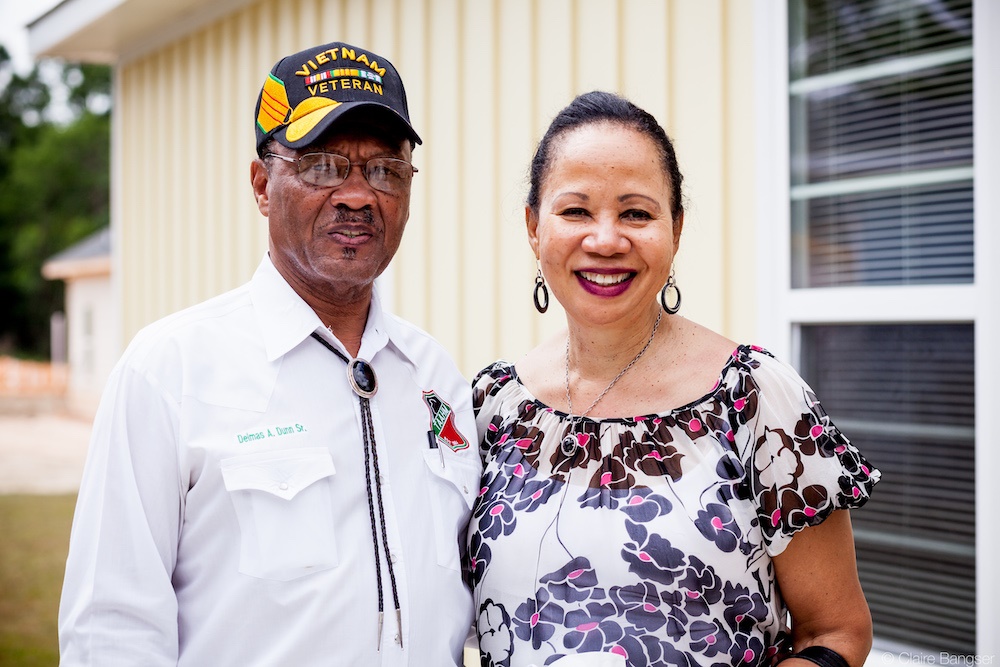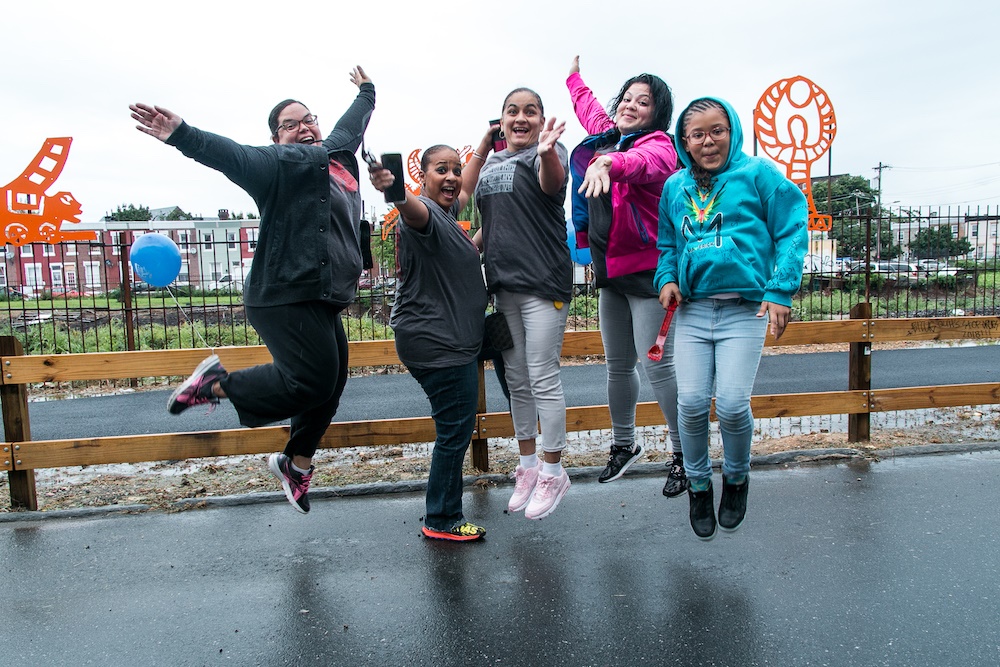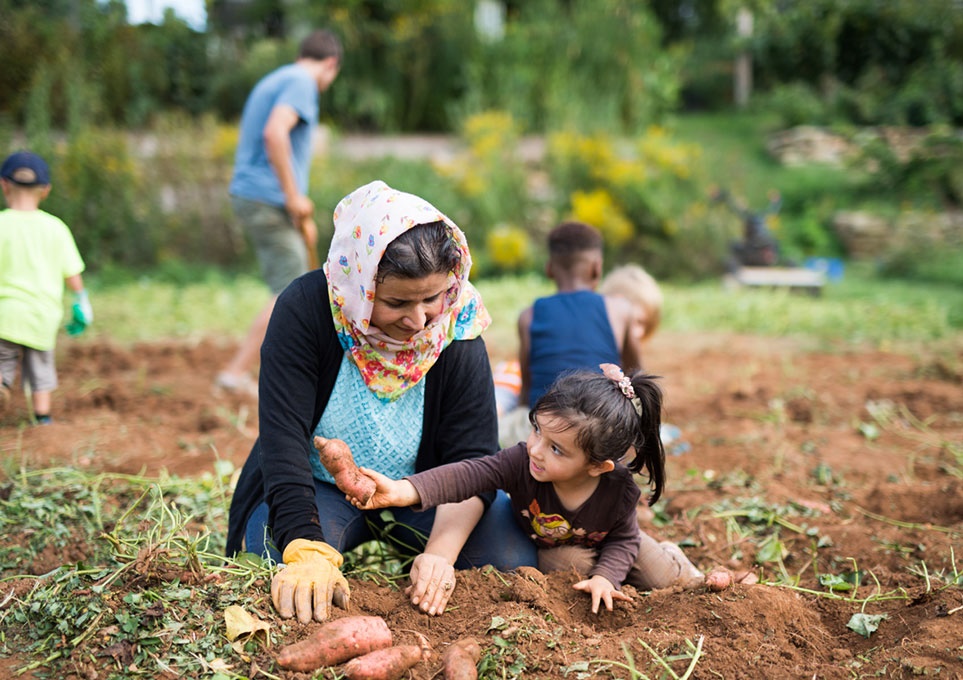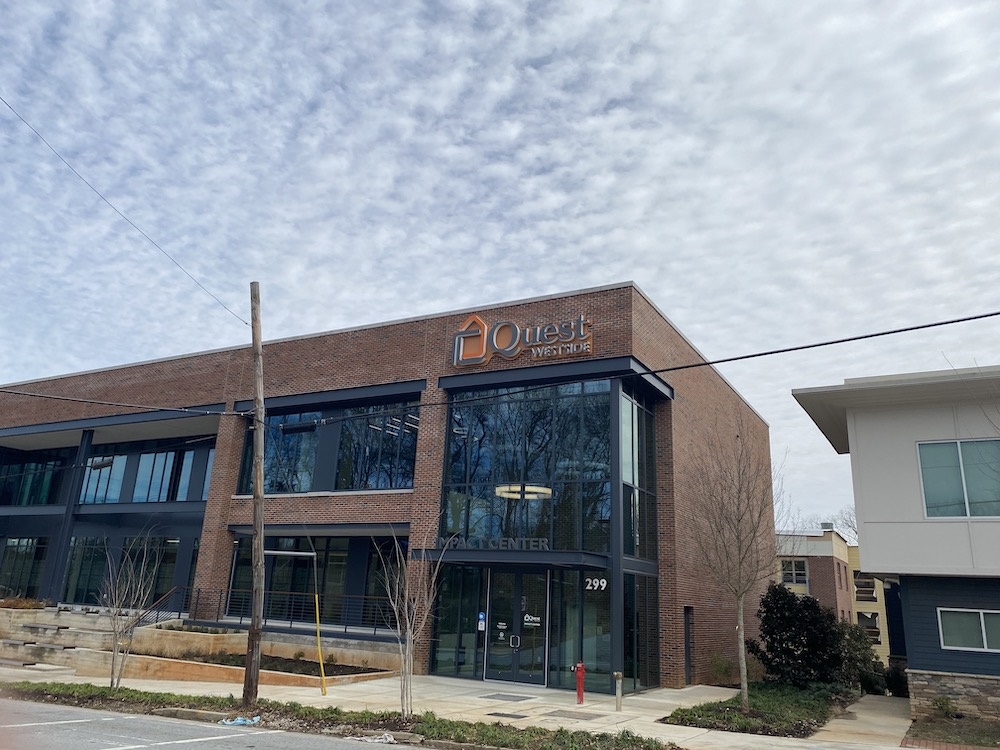NeighborWorks America welcomed eight new affiliates to its robust network, adding both capacity and expertise. This brings the number of NeighborWorks network organizations, located in every state, Puerto Rico and Washington, D.C., to 247.
This is the largest group of new affiliates NeighborWorks has welcomed at one time, and leaders say the new, diverse organizations will bring more breadth and depth to the network. "When we bring on new affiliates, we always look for groups that will enhance our existing network," explains Kathryn Watts, senior vice president of field operations for NeighborWorks. Sometimes, the need is geographic, she says. Adding Renew Indianapolis and Piedmont Housing Alliance (Charlottesville, Virginia) will create a NeighborWorks presence in those markets for the first time.
Diversity also enhances the network, Watts says, and NeighborWorks is welcoming two Native groups this year in Lakota Funds (Kyle, South Dakota) and Oweesta Corporation (Longmont, Colorado), along with a couple of Latinx-focused groups, Mission Economic Development Agency (San Francisco) and HACE (Philadelphia). Sometimes, she says, there may be a desire to deepen impact or fill a gap in services in a market where NeighborWorks already has network organizations, which is why NeighborWorks welcomed Quest Community Development Organization (Atlanta) and Gulf Coast Housing Partnership (New Orleans) to the network.
NeighborWorks America is celebrating its new affiliates during NeighborWorks Week, a time to give back to communities and to reflect on the power of unity and resilience those communities work toward daily. NeighborWorks is.proud to introduce the newest affiliates from the Southern and Northeast regions. Later this week, we'll highlight the new organizations from the Midwest and Western regions.
Gulf Coast Housing Partnership (Southern Region)
Founded in 2005 in New Orleans, Gulf Coast Housing Partnership (GCHP) is dedicated to rebuilding and revitalizing the region after the devastation of Hurricanes Katrina and Rita. The organization's goals? To create and preserve quality, affordable housing and community-oriented commercial space that is a sustainable, long-term asset to the community.

Toward that end, GCHP is close to finalizing the transaction for two pilot projects of their Health + Housing model, combining affordable housing and accessible, community-based health and social services with funding support from health care payors, including Medicaid Managed Care Organizations (MCOs).
Recently, GCHP secured commitments from two of the country's largest MCOs for Health + Housing projects planned for Jackson, Mississippi, and New Orleans, Louisiana. "MCOs recognize the importance of social determinants of health, most notably the living conditions and access to health care and social services for the clients they serve," says Kevin Krejci, chief capitalization officer. "Through investment in affordable housing and conveniently located health care facilities, we can improve the health outcomes of these individuals."
GCHP, like many NeighborWorks network organizations, operates in a broad region with limited private capital available to invest in its community development initiatives. GCHP hopes their Health + Housing model can help members access similar capital sources.
Kathy Laborde, GCHP president and CEO, says the affiliation with NeighborWorks will pair GCHP with network organizations who have a shared passion while providing the nonprofit an opportunity to advance the leadership skills of its staff. GCHP pursues both commercial and residential developments. The word staff members use in describing their work is "transformative," and the properties they work with bring new energy and amenities to neighborhoods.
This year, their team is focused on 800 units already under construction and 624 units they're planning in Alabama, Louisiana, Mississippi and Texas.
HACE (Northeast Region)
HACE focuses on building just and equitable neighborhoods in the Philadelphia area, as it has since 1982 when the organization was founded to help empower the Latinx community. The organization develops affordable housing and commercial spaces, provides supportive services, and assists small businesses, increasing job opportunities and nurturing the community's cultural diversity.

The nonprofit leader says being part of the NeighborWorks network will offer new opportunities for peer learning and partnerships to build on the organization's strengths and accomplishments. The partnership goes both ways, of course. HACE can share its own knowledge to improve community economic development policy.
Among the nonprofit's achievements, Gonzalez highlights HACE's coalition building with residents, stakeholders and partners to address the crime and blighted conditions that had negatively impacted the region surrounding the Conrail viaduct. More recently, HACE created the Good Lands Trust to build long-term affordability of homeownership housing. The Philadelphia Housing Authority has committed to the donation 80 parcels of land to the trust, and the Philadelphia Land Bank will be donating an additional 23 parcels.
In the year ahead, HACE's focus is on the development of affordable housing to address the displacement of residents from the surrounding neighborhoods, Gonzalez says. They want to help residents build wealth and equity, a long-held tenet of NeighborWorks. They will also develop rental housing for persons with intellectual disabilities, a first for HACE.
"HACE understands that it is vital to look at our past body of work, assess the present conditions of the community and the field of community development, and build capacity to help create thriving neighborhoods that offer opportunities for all residents," Gonzalez says.
Piedmont Housing Alliance (Southern Region)
Before he became executive director at Piedmont Housing Alliance, Sunshine Mathon worked at Foundation Communities, another NeighborWorks network organization. He saw the direct benefits and wanted the same for Piedmont Housing.

Based in Charlottesville, Virginia, Piedmont Housing is the largest nonprofit affordable housing developer in its five-county region. The organization provides housing counseling and manages 11 properties in Charlottesville and the surrounding counties. Piedmont Housing also runs a Community Development Financial Institution (CDFI) and has a long history of creating new affordable housing opportunities while preserving existing housing. "We're a small organization with both a deep and broad footprint," says Mathon.
Piedmont Housing brings to the network its experience serving a locality that has both urban and rural contexts, both important to the national narrative. In March, the organization, which has worked on providing safe shelter for those experiencing homelessness during the pandemic, purchased a hotel using a $4.25 million grant from the Charlottesville Area Community Foundation. This year – and those following – will see the nonprofit partnering with organizations as they provide ongoing "non-congregate" emergency shelter and work to redevelop the site over three phases to functionally end chronic homelessness in the region and provide additional affordable housing opportunities.
The organization has also spent the last few years focused on developing an internal-external racial equity lens. "We will continue to root our work in a transformed future while recognizing that we cannot do so without contending with the racialized realities of the past," Mathon says, adding that four of the first five U.S. presidents had plantations with people who were enslaved within a 30-mile radius of Charlottesville. History is fraught and difficult to confront, he says, but we must. "This country was built, quite literally, using a manufactured hierarchy of human value. We cannot heal or grow until we own this truth."
Quest Community Development Corporation (Southern Region)
Quest Community Development Corporation's strongest attribute is its Supportive Services division, says Leonard Adams, the organization's president and CEO. "In fact, we view ourselves as a services provider who owns and manages housing,"

Listed as one of the best agencies in metro Atlanta to provide supportive services, Quest has achieved tremendous growth over the past five years, increasing its grant income by roughly 500%, Adams says. "We've nearly doubled our staff, greatly increased our housing stock, developed strong community partnerships and made significant operational improvements," he adds.
The organization, which received its three-year re-accreditation from the Commission on Accreditation of Rehabilitation Facilities (CARF), will open the Quest Westside Impact Center in 2021, delivering housing, social services and community development resources to residents. "Our goal is to integrate housing, job readiness/placement, economic inclusion and other social services into a seamless delivery system," Adams explains. "For instance, a resident who participates in a job training program at Westside Works will also receive financial management classes from On the Rise Financial Center and will be eligible for affordable housing through Quest."
In the past, he says, the goal had been to implement systems. "Today, we are tasked with creating systemic change by reducing or eliminating the effects of institutionalized racism and social inequity on Westside residents."
Representatives from all NeighborWorks' new network organizations say they hope their affiliation leads to lasting relationships with their counterparts across the country.

